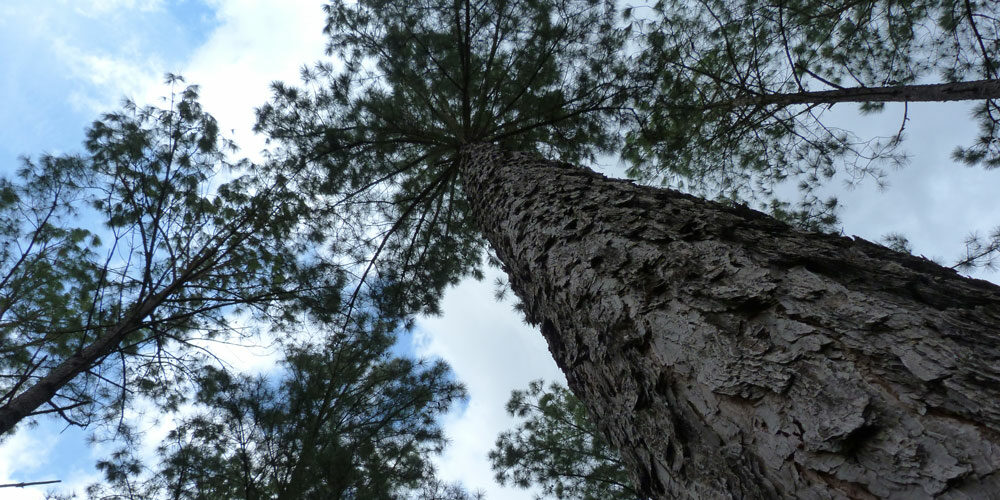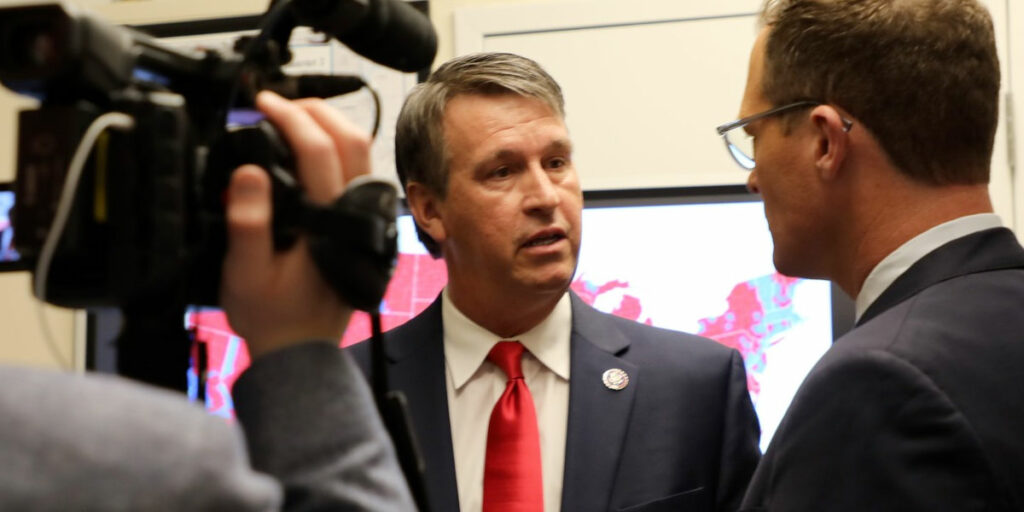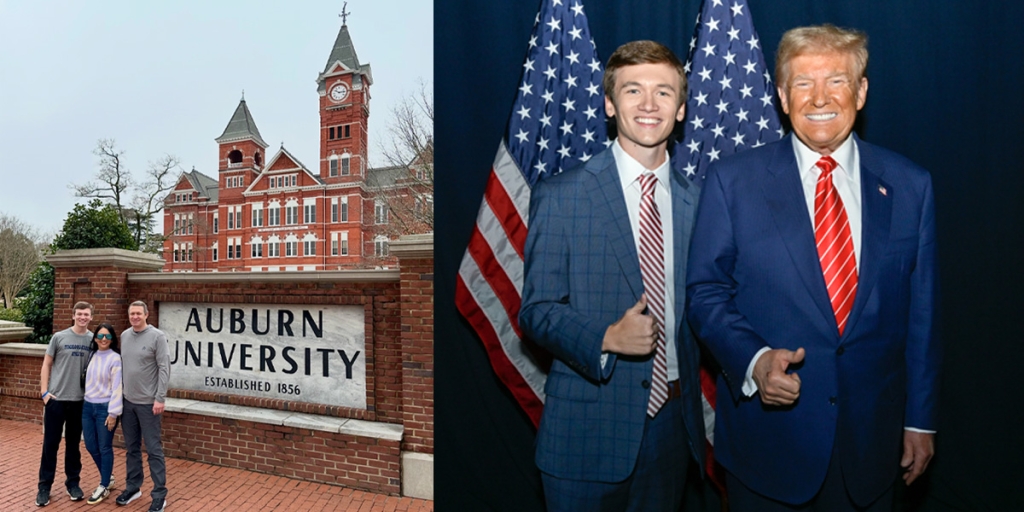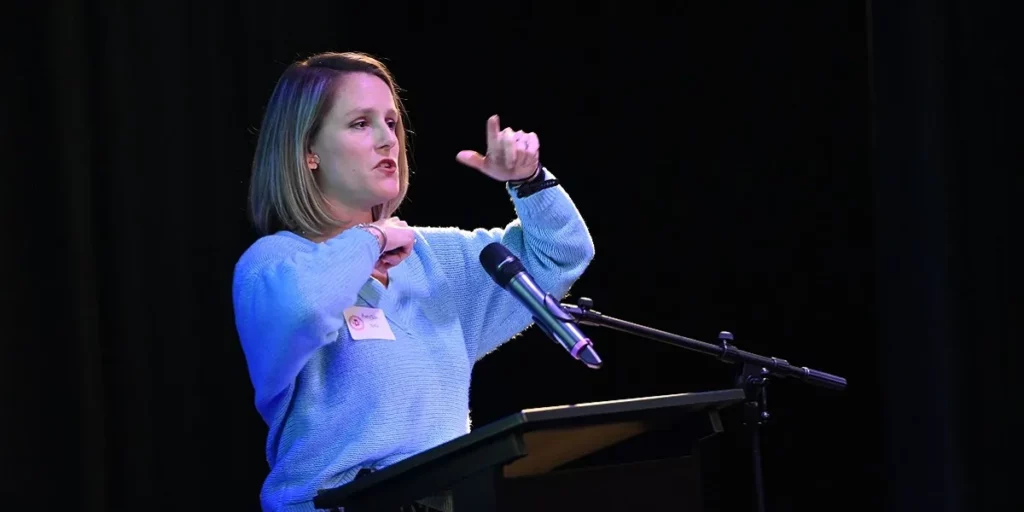Like many U.S. industries, forest seedling nursery production is dependent on seasonal, manual labor, a situation that is becoming untenable due to an acute shortage of workers. However, researchers at Auburn University are working on a robotic system that could provide a solution for long-term profitability and sustainability.
The U.S. produces about 1.3 billion forest tree seedlings annually with seedling pricing from $50 to $435 per thousand, depending on seedling genetics. Accurate inventory of seedling stock is crucial to commercial forest tree nurseries for planning stock shipments and forest outplantings, said Yin Bao, an assistant professor in the College of Agriculture’s Department of Biosystems Engineering.
“The U.S. forestry tree nursery industry currently relies on manual labor for sampling-based seedling inventories on a large scale at every nursery,” said Bao, who is leading the robotics research.
The conventional process is labor-intensive, time-consuming, error-prone and ergonomically poor for workers, he said. An automated seedling inventory technology is needed to improve the long-term profitability and sustainability of forest nursery production.
“The declining U.S. farm labor increases the labor cost and impacts the profitability of U.S. forest nursery production,” Bao said. “In the long run, nursery managers may not be able to hire enough workers to do the laborious tasks like inventory, weeding, packing and quality control.
“This research aims to address the labor shortage challenge starting from inventory. The robotic technology developed in this research will pave the way for robotic weeding in forest tree nurseries in the future.”
Bao’s research group is close to having a remotely controlled robotic rover prototype for field testing and data collection at nurseries.
“By mid-2024, I expect to have an autonomous system,” he said. “Afterwards, we will continue to optimize its performance through field tests.”
Researchers will develop and evaluate an AI-based ground robotic vision system for automated inventory and quality assessment of bareroot pine seedlings at stand level. Machine vision, machine learning and field robotics will be integrated into an autonomous ground-based seedling detection and measurement system.
Lie Tang, a professor in Department of Agricultural and Biosystems Engineering at Iowa State University, will develop an actively illuminated 3D stereo imaging system for the robotic system to handle the challenging field lighting conditions.
The system performance will be extensively evaluated against multiple factors, including year, location, pine species, seed lot and growth stage.
A GIS, or geographic information system, decision support system will be developed to enable nursery managers and owners to manage, visualize and analyze the spatial seedling density and quality data generated from the robotic system, he said.
In addition, it will serve as a digital inventory system for users to track the stock of each seed lot as orders are being fulfilled. The GIS decision support system will be developed by Professor Timothy McDonald, also in biosystems engineering.
Various agricultural robots have been developed for plant phenotyping or crop scouting in recent years. However, robotics has not yet made its way into the forest tree nursery industry.
“Thanks to an Alabama Agricultural Experiment Station Production Agriculture Research grant that I received in 2020, my group has developed a tractor-based machine vision system for seedling counting,” Bao said. “I present our progress to the nursery members of the Southern Forest Nursery Management Cooperative every year, and they are excited about our research and the autonomous robot that we are developing.”
“The nursery cooperative has been trying to develop a method to count and inventory seedlings for over 20 years that does not require hundreds of hours of labor, bent over the ground, counting seedlings in the hot summer months,” added Scott Enebak, a professor in Auburn’s College of Forestry, Wildlife and Environment and director of the Southern Forest Nursery Management Cooperative. “This system is a potential game-changer for nursery production systems and the labor-intensive task of counting a billion seedlings every year.”
Bao and his research group have received a $548,897 grant from the USDA-National Institute of Food and Agriculture’s Foundational and Applied Science Program to support the project.
(Courtesy of Auburn University)













